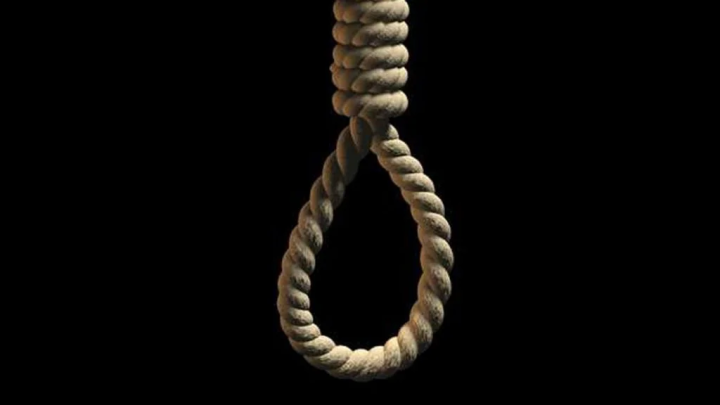On Thursday, September 19, the Federal Government of Nigeria expressed deep concern over the increasing rate of suicides in the country, revealing that the suicide rate has surged to 12.9%.
The figure, which the government described as alarming, was discussed during an event to mark the 2024 World Suicide Prevention Day. The event was themed “Changing the Narrative on Suicide.”
The Coordinating Minister of Health and Social Welfare, Prof. Muhammad Ali Pate, represented by the Permanent Secretary, Federal Ministry of Health and Social Welfare, Daju Kachollom, voiced the government’s concern.

He noted that many suicide cases in Nigeria go under-reported due to societal stigma and a lack of mental health awareness.
Prof. Pate said, “Today, we are gathered to address the issue of suicide, a critical concern that affects us all.
Available data indicates that the global suicide rate stands at 9.0 per 100,000 deaths, with men being twice as likely as women to die by suicide. In Nigeria, the rate has reached a concerning 12.9 per 100,000 deaths, which is higher than the African average of 11.2 per 100,000.”
He emphasised that suicide is often linked to mental health issues, such as depression, substance abuse, financial stress, and relationship breakdowns.
He also pointed out the prevalence of suicide among young people aged 15 to 29 years, noting it as the fourth leading cause of death in this age group.
In a call to action, Prof. Pate said, “We must shift from focusing solely on the tragedy of suicide to the hope of prevention.
By changing how we talk about suicide, we can break down the barriers that prevent people from seeking support.”
Other speakers at the event echoed the Minister’s concerns. Dr. Chukwuma Anyaike, Director of Public Health at the Federal Ministry of Health, stressed the need for collective action, stating, “Every life lost to suicide is a tragic reminder of our duty to do more.
We must foster open conversations and create supportive environments to ensure no one feels isolated.”
Dr. Walter Kazadi, World Health Organisation (WHO) Country Representative, called for a focus on mental health in policy-making, urging the government to prioritise mental health care and suicide prevention strategies.
While the government raised alarm over the growing suicide trend, it was met with sharp criticism from various sectors of society.
Critics argue that the Federal Government’s failure to address the worsening economic situation is a significant contributor to the increase in suicides.
Maxi Okwu, a prominent lawyer, blamed the government for the rising suicide rates, attributing it to the severe economic hardship that has left many Nigerians in distress.
He questioned the government’s role in ensuring the welfare and security of its citizens, as mandated by the Constitution.
Okwu criticised the government’s response, saying, “How can a government, whose primary responsibility is the welfare of the people, express alarm over the suicide rate when it has failed to create an enabling environment for Nigerians to thrive? The cost of living is unbearable, and people are struggling to survive.”
Dr. Pogu Bitrus, President of the Middle Belt Forum (MBF), also weighed in, advising the government to reconsider its economic policies, which he said have exacerbated the suffering of ordinary Nigerians.
“People don’t just commit suicide without cause. When life becomes unbearable due to economic hardship, people are pushed to the brink,” Bitrus said.
He urged the government to address issues such as inflation, unemployment, and the devaluation of the Naira, which have worsened living conditions for many.
“Instead of merely raising alarms, the government should focus on implementing policies that can relieve the economic burden on Nigerians,” he added.
The criticisms highlight the public’s frustration with the government’s inability to address the root causes of the country’s mental health crisis.
Many believe that the rising suicide rates are a reflection of the government’s failure to provide economic stability and security, leaving citizens in a state of despair.
As the government pledges to support mental health initiatives and raise awareness about suicide prevention, many Nigerians are calling for immediate action to address the broader socio-economic issues driving the surge in suicides.
Support InfoStride News' Credible Journalism: Only credible journalism can guarantee a fair, accountable and transparent society, including democracy and government. It involves a lot of efforts and money. We need your support. Click here to Donate
